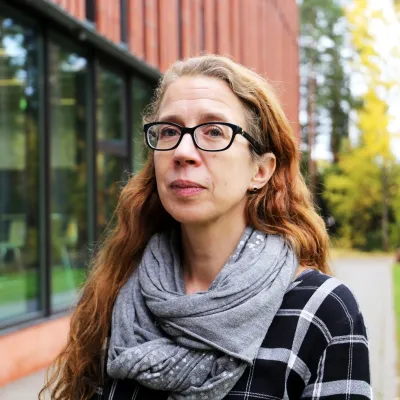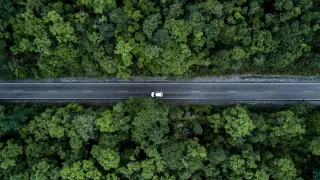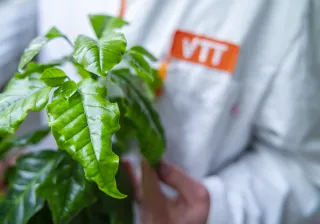The Government is committed in its programme to raise research, development and innovation (RDI) investments to 4% of GDP by 2030. The goal is also included in the legislative act on R&D funding, according to which the Government's share of the investments is 1/3 and that of the private sector is 2/3. The goal is extremely important in building a sustainable future and ensuring Finland's competitiveness.
The key question with the growing RDI investments is their impact. Impact means targeting RDI investments so that they produce extensive value for a variety of factors and broader society. In other words, they aim to accelerate the development of competence and solutions to build sustainable future and to ensure society's resilience, i.e. its ability to endure and renew.
The power of ecosystems is superior in solving big problems
The Government Programme outlines that sustainable growth and renewal in Finland requires extensive collaboration between different actors both when making investments and developing solutions. According to recent studies, ecosystems are functional platforms for building sustainable growth, and the solutions they develop and the value created are based on collaboration. The power of ecosystems is superior, when solving extensive societal problems that require systemic changes affecting the entire operating environment. Companies, the higher education sector and research institutes complement each other's competence in ecosystems in a way that none of the actors would be able to do alone.
For example, in order to develop solutions that promote carbon-neutral cities or sustainable transport, multidisciplinary research expertise and collaboration between companies offering services and technologies are needed. In addition, the development, scale up and commercialisation of new solutions into societal reforms requires willingness and agility by decision-makers to create suitable preconditions for their introduction. This work requires active dialogue between companies, decision-makers, citizens and researchers.
In order for the ecosystem to create impact, it needs a common and forward-looking goal. In addition, the actors involved must create value to reach the common goal and benefit from its activities.
Successful ecosystems have ambitious goals for impact, and they simultaneously bring benefits to companies, society, the economy and research. At the same time, they promote the sustainability transformation of society and open up opportunities for sustainable growth in business activities. At best, they create new expertise, new companies and markets as well as establish international business opportunities and solutions for promoting people's well-being.
Impact must be led
However, impact is not created by itself in ecosystems, but should be managed systematically. Building impact should therefore be an integral part of ecosystem management and funding allocation. In order to ensure impacts, there is need to set objectives and indicators that both increase the achievement of high target level results and ensure the creation of value for different actors and society on a broad scale.
In Finland, the greatest challenge facing ecosystems is to go from theory to practice. In the celebration speeches, everyone agrees that major societal challenges can only be solved in cooperation between many different actors. Actions and forms of support are missing, which makes it difficult to find practical examples of successful, extensive ecosystem collaboration. In order to create impact, ecosystems need bold investments and willingness to define common goals. It must be possible to find a balance between the objectives of individual actors and the common objectives of the entire ecosystem. In addition, a funding and operating model must be created that ensures extensive collaboration, joint investments by the state and companies, and criteria for increasing and ensuring the impact of ecosystem work.
The Government Programme sets the direction. In order to achieve the ambitious goals and ensure Finnish economy’s sustainable growth and renewal via RDI investments, instead of digging trenches, we must be bold to venture into the common game that ensures better places to shoot and more impressive goals.






